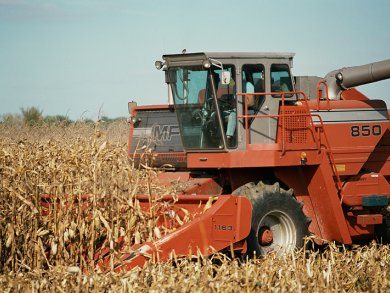According to many studies, farmers have been losing between 30 and 40 % of the value of their fruits and vegetables before they reach the final consumer. Postharvest technologies can be used to reduce these losses and maintain the safety of fresh produce in developing countries. However, less than 5 % of funding for horticultural research has been allocated to postharvest issues over the past 20 years.
Postharvest research has had success in identifying the causes of losses but more challenges remain for the implementation of postharvest handling practices according to Lisa Kitinoja, World Food Logistics Organization, USA, and colleagues. Research from a variety of disciplines, such as plant biology, engineering, economics, nutrition, food safety and conservation is needed to match the considerations of the local needs of each crop, appropriate scale, and cost effectiveness. An integrated approach for postharvest science and education from grade school through trade school or university could help to reduce global food losses, by integrating postharvest and outreach training to established practices. Improved efficiency in postharvest technologies could have a significant impact on reducing poverty. In this perspective Kitinoja et al. explore areas for further research at all stages from harvest to consumption.
- Postharvest technology for developing countries: challenges and opportunities in research, outreach and advocacy
L. Kitinoja, S. Saran, S. K Roy, A. A. Kader,
J. Sci. Food Agric. 2011, 91.
DOI: 10.1002/jsfa.4295




